During or following a visit with one of our veterinarians, the doctor may have recommended a follow-up exam to reassess if the prescribed skin infection treatment is working or if additional treatment is needed. Skin infections (pyoderma) are caused by a fungus (typically Malassezia pachydermatis) or the bacterium Staphylococcus pseudintermedius, which is the most common bacterial skin infection found in dogs.
Pets with a fungal infection are often found to have crusty, flaky, scaly or red skin, a musty odor, or patches of darker colored skin, are pruritic (itchy) and may have recurring ear infections. Pets with a bacterial infection may have areas of patchy fur with moist or crusty skin or red and inflamed skin, are sometimes painful, and excessively lick, scratch or chew at the infected areas. To identify which type of pathogen is causing the skin infection, the doctor collected one or more cytology samples from the affected areas by impression smear, skin scraping or a fine-needle aspirate to review under the microscope.
Left untreated, a bacterial or fungal skin infection won’t get better by itself and can lead to hair loss, abscesses, and recurring pain. Skin infections are usually treated with the following medications in oral or topical form:
- An antibiotic – to kill harmful bacteria
- An antifungal – to kill harmful fungi
- An anti-inflammatory – to reduce pain and inflammation
At the end of the treatment, it’s very important that your pet return for us to recheck the skin infection (often 10-14 days after the initial diagnosis). You may decide the infection has been resolved because the skin looks better but the only definitive way to determine if the infection has been resolved is to collect and review additional cytology samples. Unfortunately, some cases may require a longer course of treatment for a complete cure and, without a recheck, you won’t know if the source of infection has been removed or if additional treatment is needed.
Repeat infections may indicate further medical diagnostics are needed to determine if there is an underlying cause such as inhalant or food allergies, hypothyroidism or Cushing’s Disease. For more information about the importance of rechecking skin infections, please call us at 630-598-0600.
